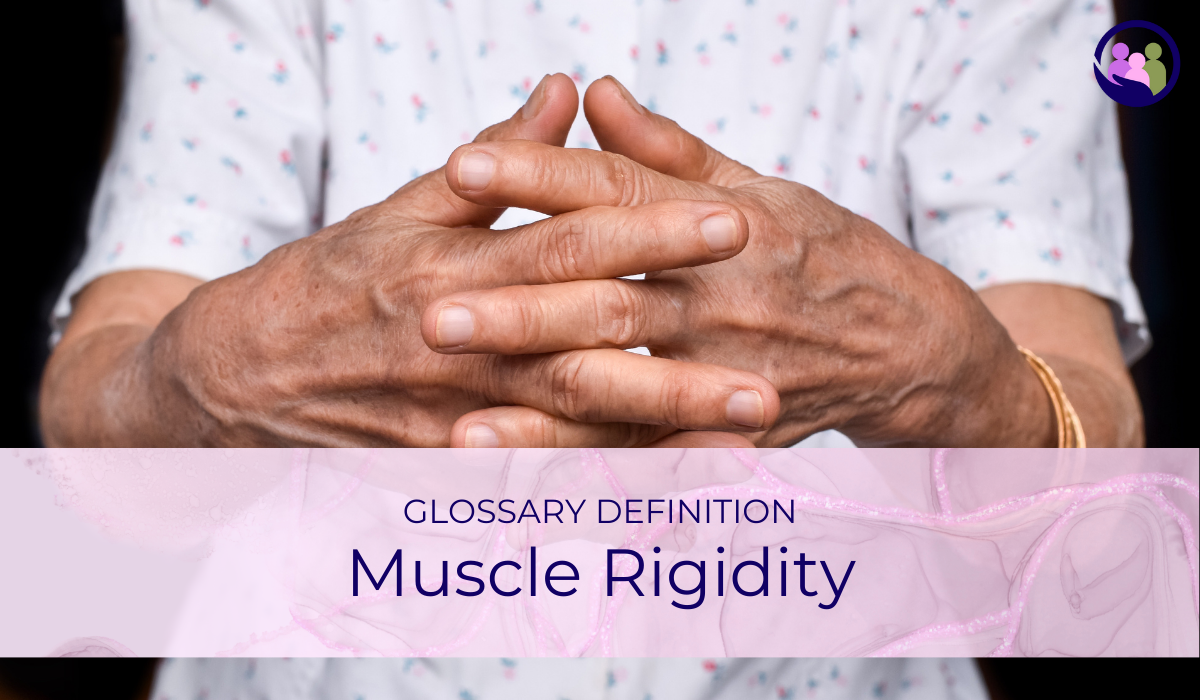As our loved ones age, it's crucial to be attuned to the changes occurring in their bodies. One common issue that can significantly impact the elderly is muscle rigidity. This condition, often associated with aging, can affect mobility and overall well-being.
In this article, we will explore what muscle rigidity is, its causes, symptoms, and potential ways to manage and alleviate its impact on elderly parents.
What is Muscle Rigidity?
Muscle rigidity refers to the stiffness or inflexibility in the muscles, making movement challenging. While it is a common occurrence in the aging process, it can also be a symptom of various underlying health conditions. Understanding the causes of muscle rigidity is crucial for effective management and support.
Causes of Muscle Rigidity in the Elderly
- Arthritis: Osteoarthritis and rheumatoid arthritis are common conditions in the elderly that can lead to joint inflammation and muscle rigidity.
- Neurological Disorders: Conditions such as Parkinson's disease and multiple sclerosis can cause muscle rigidity as a result of disruptions in the nervous system.
- Medications: Certain medications, especially those prescribed for chronic conditions, may have muscle rigidity as a side effect.
- Dehydration: Inadequate fluid intake can lead to muscle cramps and stiffness, particularly in the elderly.
- Lack of Physical Activity: A sedentary lifestyle can contribute to muscle stiffness and reduced flexibility.
Symptoms of Muscle Rigidity
- Difficulty moving or changing positions
- Pain or discomfort in the affected muscles or joints
- Reduced range of motion
- Muscle spasms or cramps
- Impaired balance and coordination
Managing and Alleviating Muscle Rigidity
- Regular Exercise: Gentle and regular exercise, such as walking, swimming, or tai chi, can help maintain flexibility and reduce muscle stiffness.
- Hydration: Ensure that your elderly parents are staying adequately hydrated to prevent muscle cramps.
- Medication Review: Consult with healthcare professionals to review medications and discuss potential alternatives if muscle rigidity is a known side effect.
- Physical Therapy: Engaging in physical therapy can provide targeted exercises to improve muscle strength and flexibility.
- Warm-Up and Stretching: Incorporate warm-up exercises and regular stretching routines to enhance muscle elasticity.
- Massage and Heat Therapy: Massage and heat therapy can help relax muscles and alleviate stiffness.
Conclusion
Understanding and addressing muscle rigidity in elderly parents is crucial for ensuring their overall well-being and quality of life. By identifying the causes, recognizing symptoms, and implementing appropriate management strategies, we can provide the necessary support to help our loved ones maintain optimal mobility and comfort as they age. Regular communication with healthcare professionals is essential to tailor interventions based on individual needs and conditions.
Share your experiences and insights regarding muscle rigidity in elderly parents in the comments section below. Whether you've encountered effective management strategies, have questions, or simply want to connect with others facing similar challenges, your input can contribute to a valuable exchange of knowledge.
Caregiver Bliss Glossary
Ready to deepen your understanding of the elderly family caregiver industry? Don't miss out on our comprehensive Caregiver Bliss Glossary, a treasure trove of definitions and insights. Visit our glossary page now to explore a diverse range of terms and concepts that will enrich your knowledge and empower your caregiver journey.
Free Caregiver Bliss Weekly Email Newsletter
 Are you a dedicated family caregiver looking for valuable resources, support, and advice to enhance your caregiving journey?
Are you a dedicated family caregiver looking for valuable resources, support, and advice to enhance your caregiving journey?
Look no further! Our Caregiver Bliss Weekly Email Newsletter is designed to provide you with the latest insights, tips, and updates tailored specifically for family caregivers like you.
Sign up now and gain access to a wealth of information and support that can help you navigate the challenges and joys of caregiving.

